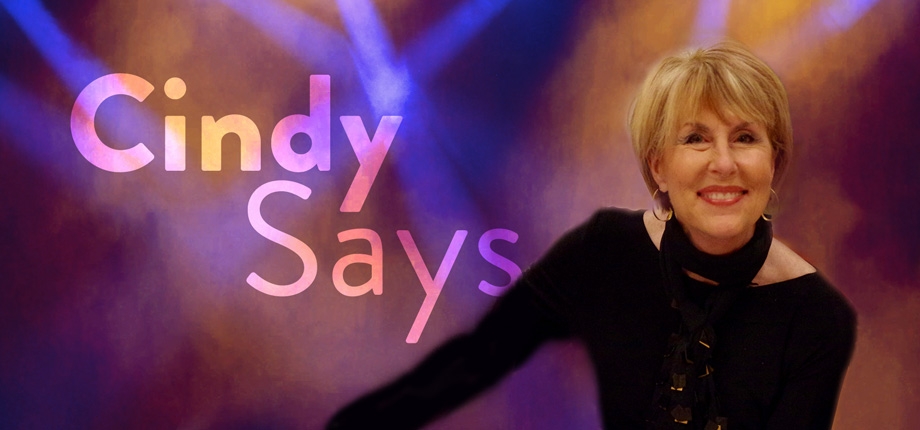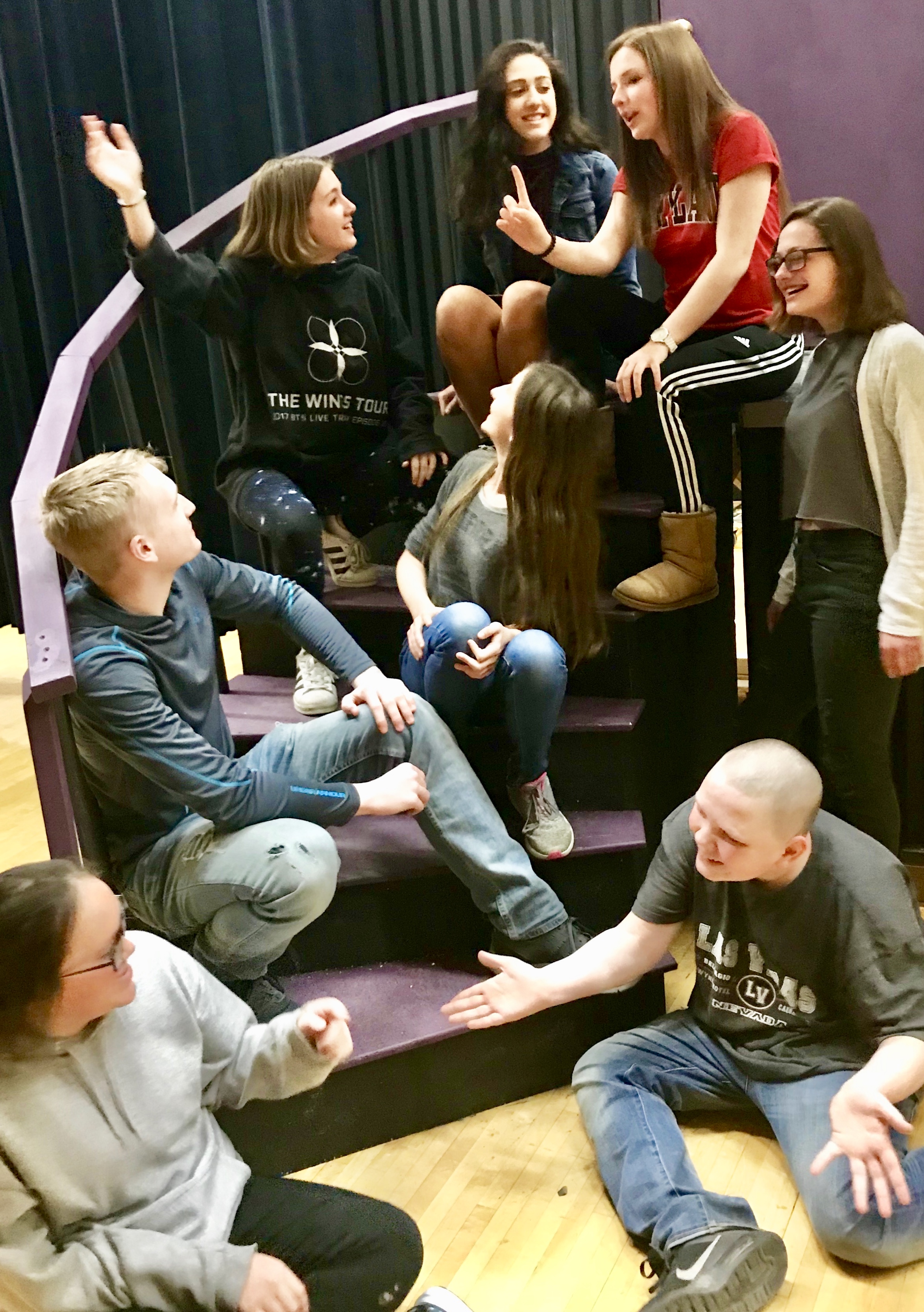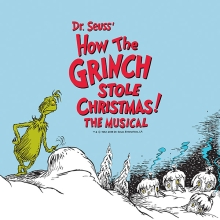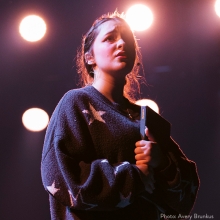Cindy Says: Kids in Theater – Voices of the Future

Cindy Says: Kids in Theater – Voices of the Future
Recently in the news we have heard high school students articulate their viewpoints about a cause they believe in. Their message gained the attention of adults and their communities across the nation. Many adults seem surprised how eloquent, effective, and persuasive the youth have been in articulating their concerns. Google defines " articulate" as "expressing an idea fluently and coherently".
Teachers who direct musical theatre have always coached students to use their voices through tools such as intonation, breath control, diction, body language, dramatic interpretation, vocal health and more. My guess is, you were not surprised at the ability of these students' ability to express themselves. You have been the guardians and facilitators for many of these kids since they stepped on stage or pulled a curtain for the first time. Musical theater organically prepares kids to be good communicators. Give yourself a pat on the back for your role in helping kids develop those tools.

Some kids are born with a Tony in hand. Others are shy newcomers, and when immersed in the musical theater experience, benefit far beyond expectations. What are some tools you can use to help first-time kids in your program communicate with ease? Here you go:
Establish 3 focal points on the back wall of the auditorium above the audience.
How about Center Stage, House Right, and House Left emojis? Wandering eyes and blank looks can detract from a young actor's delivery.
Give the actor a specific tool to improve posture. I call it "Eiffel Tower Posture."
Have them stand and with their feet a few inches apart, sternum raised, and eyes on the focal point. Posture anchors an actor and lends confidence and a sense of purpose to their physicality.
Have the actor make a personal recording of his scene or song.
At playback have student reflect on volume, tempo, and tone quality. "Is that what I really sounded like?" the puzzled 7th grade boy asked. A recording presents a clear picture for self-evaluation.
Repetition with variation can be a gold mine to help a young actor articulate expression.
To help them explore their voices with the character, have them read lines: in slow-motion (as if underwater); as a speed-through (non-stop reading); with a British Accent; as a wicked witch, etc. Repetition with variation reinforces, calms, and challenges young performers. Try adding this exercise to your rehearsal plan.
A child who is able to communicate using every tool available, equals not only a performer, but a voice for the future. NO better life skill! CR

























